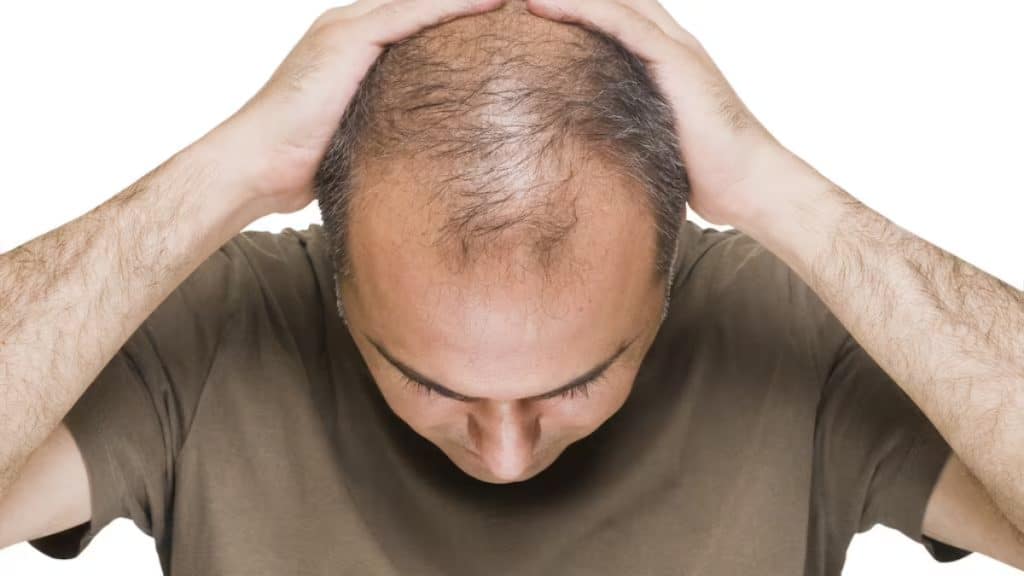Hair loss is part of life for many men and shouldn’t be something to be overly concerned about. However, just because it’s not considered a big deal for many men doesn’t mean you shouldn’t confront the problem as rigorously as possible.
We want to explain the reasons behind hair loss, what you can expect when experiencing androgenetic alopecia, and how you can fight the symptoms for a better head of hair.
How Does Hair Loss Happen?
The most common reason for hair loss among men is their genetic makeup, meaning they possess more of the DHT androgen that contributes towards hair loss due to the genes they’ve been passed down. However, this isn’t the only reason people see hair being lost; responses to treatment for serious illnesses and severe stress can cause other types of hair loss that typically manifest in different ways.
Hair follicles worsen over time and don’t produce thick strands like they once did due to a process known as miniaturisation. Typically, your hair might spend more time in the resting stage of its cycle, giving it less time to grow.
Assuming you are experiencing male pattern hair loss, the first signs of the condition will likely appear as a thinning crown or a receding hairline. It often takes a long time for men to notice that hair loss is occurring as it isn’t an overnight process. One day, you might see more of your scalp visible than before, your head is feeling more of the heat in direct sunlight, or it looks different now compared to old photos.
Does Hair Loss Happen to Everybody?
Hair loss won’t happen to every man in the same way, and it might not happen to some men. However, the percentage of men who’ll experience some form of hair loss in Ireland is relatively high, usually becoming worse with age; it mostly depends on whether you possess the male pattern hair loss genes, but when hair loss occurs is uncertain.
If you find that your life has been highly stressful and you’re unable to relax, hair loss could occur, even though this is still uncommon. If you believe this is happening to you, speak to a doctor, and they can help you. Hair loss treatment is effective for this condition, too.
What To Do If You’ve Noticed Hair Loss
The first step to fighting hair loss is to notice it is occurring and accept it; once you’ve finally come to terms with it, you can start fighting it. Contact a hair loss specialist so they can assess the state of your hair using the Norwood Scale and find the best plan for you.
If your hair loss is significant enough, Minoxidil or Finasteride will work most effectively at halting miniaturisation and leaving your hair follicles in the best condition to produce strong strands.
The sooner you start the treatment, the better. The timeline for taking prescribed hair loss medications varies, but you should expect the full effects of these treatments to take between nine and twelve months to work. Consistent use as directed is required, ideally never missing a dose and never doubling up on the dose afterwards if you happen to miss one.

